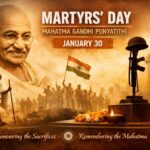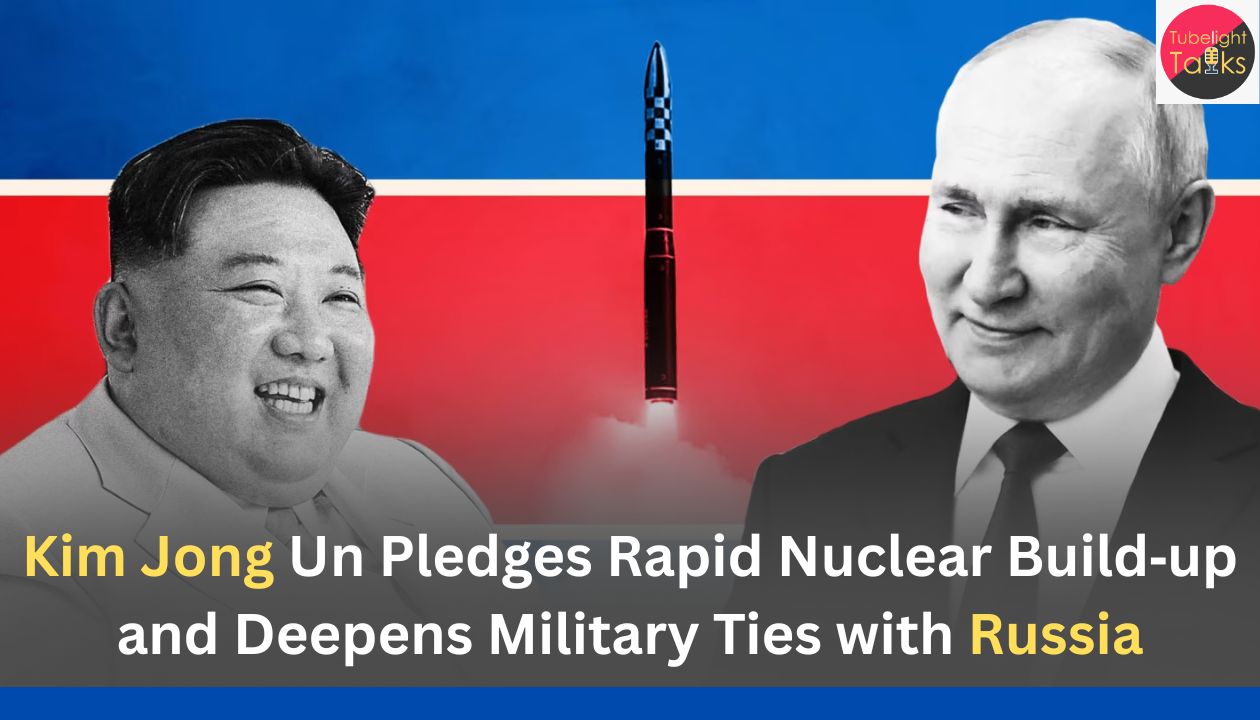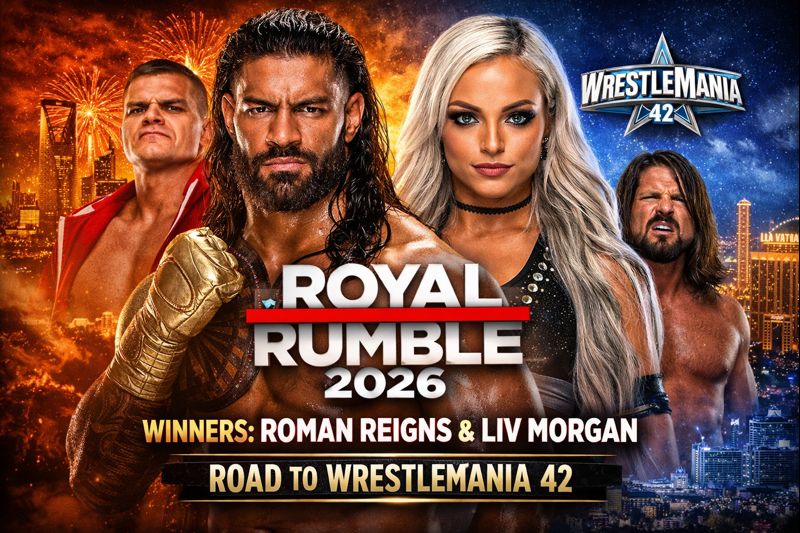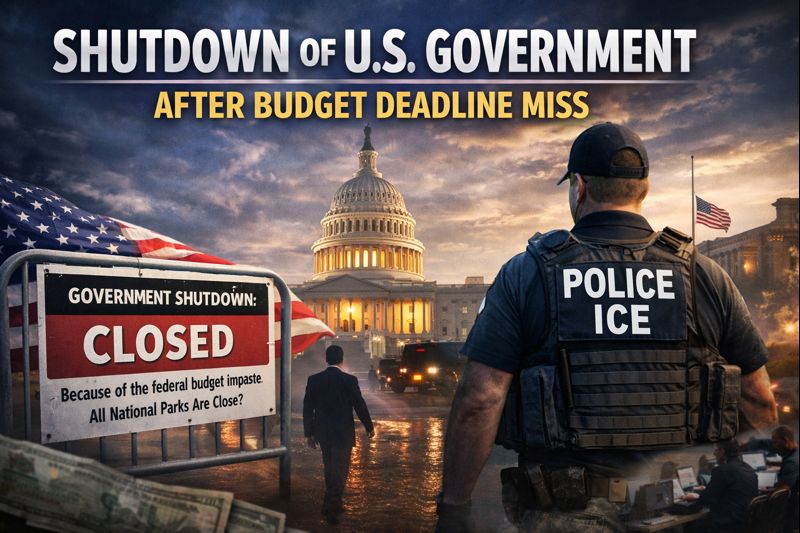Rapid Nuclear Build Up: North Korean leader Kim Jong Un has formally pledged to accelerate his country’s nuclear weapons programme and declared that its military alliance with Russia will “advance non‑stop”, signaling a bold shift in regional security dynamics.
On October 27, 2025, Russian President Vladimir Putin met with North Korean Foreign Minister Choe Son Hui at the Kremlin, stating that bilateral relations with Pyongyang “are going to plan”. The convergence of nuclear ambition, deepening Russia‑North Korea military cooperation and rising strategic rivalry in the Indo‑Pacific is drawing fresh attention from global powers.
What Kim Announced and Why It Matters
Nuclear Expansion Goals
Kim recently told officials that North Korea must “rapidly expand” its nuclear arsenal, citing joint U.S.–South Korea exercises as proof of hostile intent. Analysts interpret the remarks as a reaffirmation of Pyongyang’s refusal to denuclearise and an intention to push its deterrent capability.
Military Ties with Russia
In comments covered by state media, Kim declared that the “military brotherhood” with Russia will “advance non‑stop”.
South Korean intelligence estimates that more than 10,000 North Korean troops have been sent to Russia in return for military technology and economic support.
Strategic Timing
The announcement comes as Moscow seeks arms and manpower, and Pyongyang looks for investment and external support. Their alignment occurs amid heightened tensions in Ukraine and the Indo‑Pacific region, raising concerns among the United States, South Korea and Japan.
Regional and Global Implications
Arms Control Erosion
North Korea’s renewed nuclear push and Russia‑link raise questions about non‑proliferation regimes. If Pyongyang receives advanced technology, it may accelerate both nuclear and missile capability growth.

Indo‑Pacific Security Shake‑up
A strengthened Russia‑North Korea axis complicates U.S., South Korean and Japanese security calculations. Pyongyang’s commitment to “non‑stop” cooperation with Moscow signals a durable alliance aimed at counter‑balancing the West.
Ukraine Conflict Spill‑over
North Korea’s backing of Russia in Ukraine — including alleged troop deployments and weapons transfers — means the conflict is spilling into wider global arenas.
Challenges, Risks and Opportunities
Operational & Technological Hurdles
While rhetoric is strong, translating it into actual weapon builds, deployment readiness and credible deterrence will require time and resources.
Diplomatic Fallout
The declarations risk triggering stronger sanctions, isolating Pyongyang further and complicating any future peace or negotiation pathways.
Potential Leverage for Engagement
Conversely, the bold posture could open renewed dialogues, if handled with strategic foresight by global partners—though trust deficits remain high.
Reframing Strength in a Changing World
As military cooperation deepens and nuclear posturing intensifies, a deeper reflection on the nature of power becomes essential. In the perspective inspired by satgyan—the true knowledge emphasized by Sant Rampal Ji Maharaj—lasting strength stems not from weapon stockpiles or strategic alliances, but from ethical responsibility, collective upliftment, and reverence for human life. When nations allocate vast resources to deterrence and domination, there is a risk of losing sight of the greater human good. Progress, in its truest sense, is measured not by geopolitical leverage but by how it serves humanity with integrity, compassion, and purpose.
Also Read: The Evolution of Nuclear Bombs: The Story of Humanity’s Most Powerful Discovery
What to Watch Next
Technology Transfers and Military Deployments
Will North Korea receive and operationalise advanced Russian missile, submarine and nuclear technologies? Reports suggest this may already be underway.
Diplomatic Responses and Sanctions
How will the U.S., Japan and South Korea respond strategically and economically? Will new measures target arms flows, shipping routes or financial channels?
Summit and Treaty Developments
As Russia and North Korea deepen ties, watch for further treaties, joint exercises and strategic announcements intended to institutionalise their partnership.
FAQs: North Korea‑Russia Military Cooperation & Rapid Nuclear Build up
Q1. What did Kim Jong Un recently announce?
He pledged to accelerate North Korea’s nuclear weapons build‑up and declared that military ties with Russia will “advance non‑stop”.
Q2. What evidence is there of North Korea‑Russia military cooperation?
South Korean intelligence estimates point to over 10,000 North Korean troops sent to Russia and technology transfers, including submarine development assistance.
Q3. What did Putin say about ties with North Korea?
On October 27, 2025, Putin told North Korea’s foreign minister that bilateral relations are “going to plan”, underscoring growing alignment.
Q4. Why is this concerning regional security?
Because it signals erosion of non‑proliferation norms, intensifies Indo‑Pacific strategic rivalries and blurs the conflict spill‑over from Ukraine.
Q5. What might be the global diplomatic impact?
Possible new sanctions, heightened naval/missile deployments, and a recalibration of U.S. and allied defence postures in Northeast Asia.










